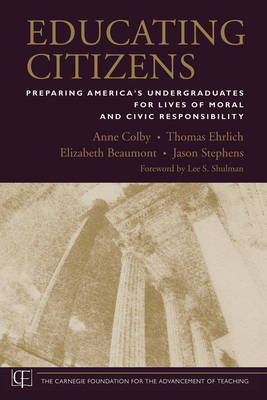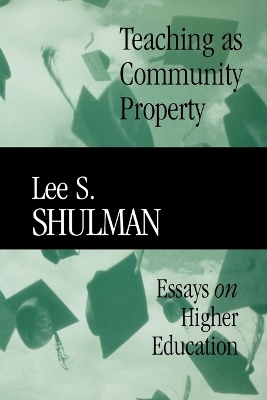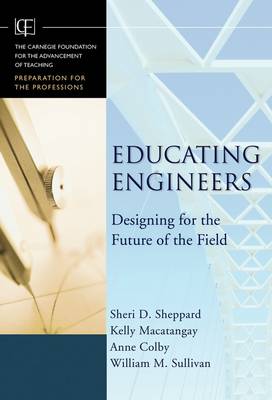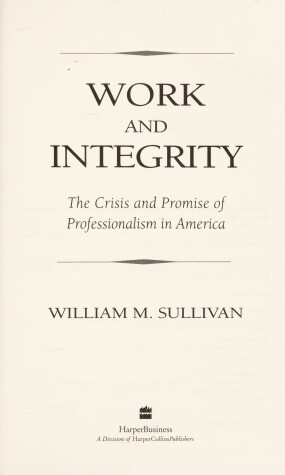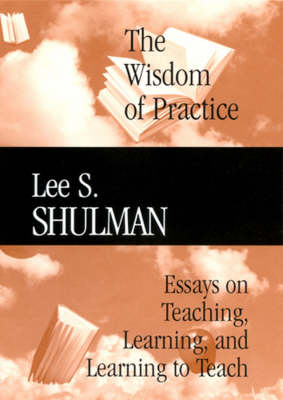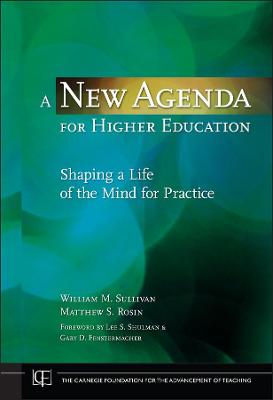Jossey-Bass/Carnegie Foundation for the Advancement of Teaching
4 primary works • 9 total works
Book 2
Educating Lawyers
by William M Sullivan, Anne Colby, Judith Welch Wegner, Lloyd Bond, and Lee S. Shulman
Book 12
Educating Citizens
by Anne Colby, Thomas Ehrlich, Elizabeth Beaumont, and Jason Stephens
Book 19
Educating for Democracy
by Anne Colby, Elizabeth Beaumont, Thomas Ehrlich, and Josh Corngold
Book 20
Rethinking Undergraduate Business Education
by Anne Colby, Thomas Ehrlich, William M Sullivan, and Jonathan R Dolle
Educating Engineers
by Sheri D. Sheppard, Kelly Macatangay, Anne Colby, and William M Sullivan
The Wisdom of Practice at last makes Shulman′s major works on K–12 education and teacher education available in one volume. His interests in teaching of all sorts in K–12 schools, in teacher education, in graduate programs for educational researchers, in liberal education have been diverse. The essays included touch on such wide–ranging topics as the psychology of school subjects, medical problem solving, teacher knowledge, performance assessment, teaching in higher education, the scholarship of teaching and learning, the characteristics and pedagogies of the professions, the role of cases in professional education and research, and the character of relevant and rigorous educational research.

